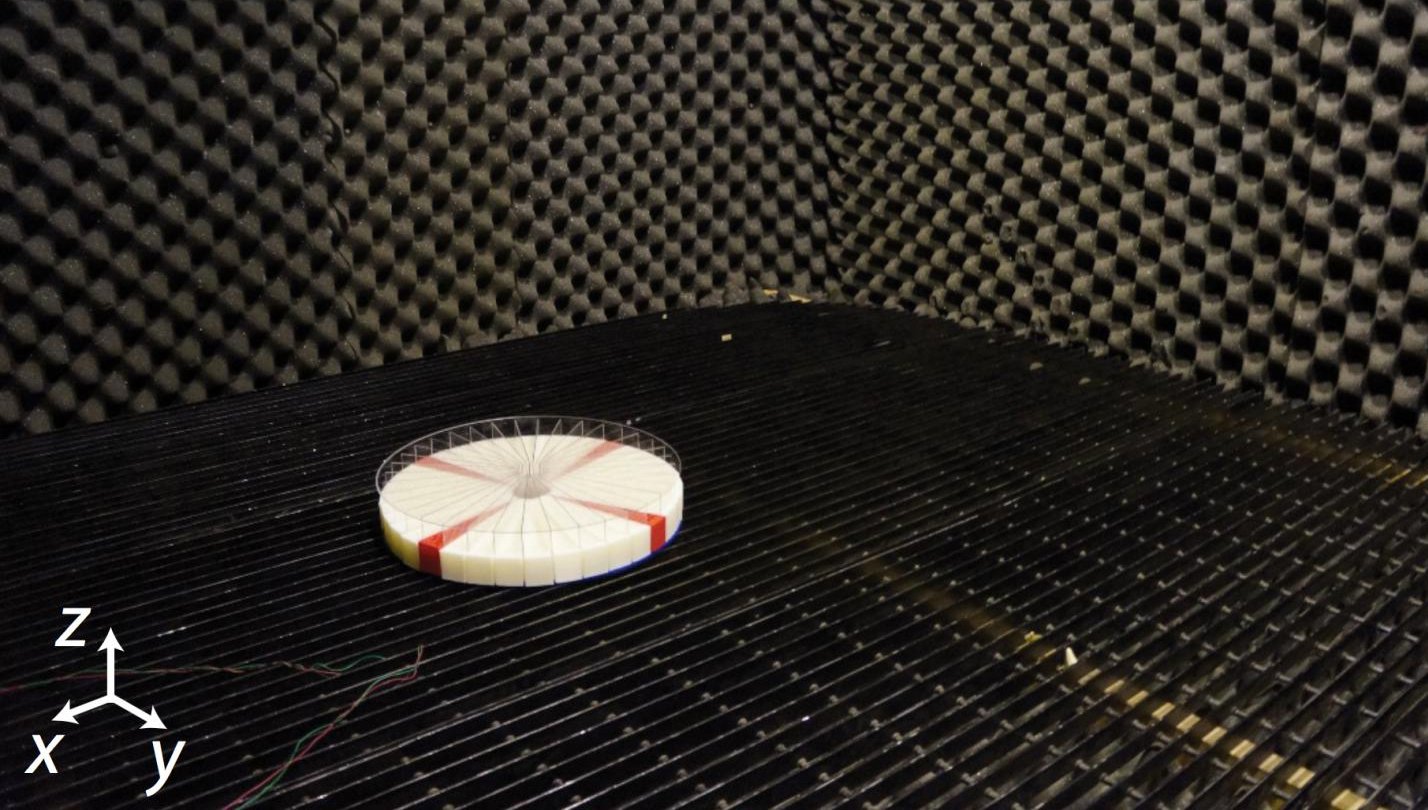How Siri will learn to recognise your voice at a crowded party
Listen to this

AI assistants like Siri, Cortana and Alexa are good at recognising the human voice in quiet situations, but they're notoriously bad at it in noisy environments - a problem researchers have dubbed the "cocktail party" conundrum.
The human auditory system is good at homing in on a single sound in loud places, but until recently, computers lacked the same ability.
That's changing, thanks to engineers at Duke University, who are developing a microphone with the same ability to zone out background noise.
'Efficient, Reliable and Inexpensive'
They used metamaterials - materials arranged in repeating patterns that exhibit weird behaviour - and a technique called "compressive sensing" to work out the direction that a sound is coming from and pull it out of the background noise.
Right now, their prototype is about 15 cm across, but the engineers believe it could be scaled down into a smartphone or similar device.
"We've invented a sensing system that can efficiently, reliably and inexpensively solve an interesting problem that modern technology has to deal with on a daily basis," said Abel Xie, lead author of the paper describing the discovery in Proceedings of the National Academy of Sciences.
"We think this could improve the performance of voice-activated devices like smartphones and game consoles while also reducing the complexity of the system."
Sign up for breaking news, reviews, opinion, top tech deals, and more.
